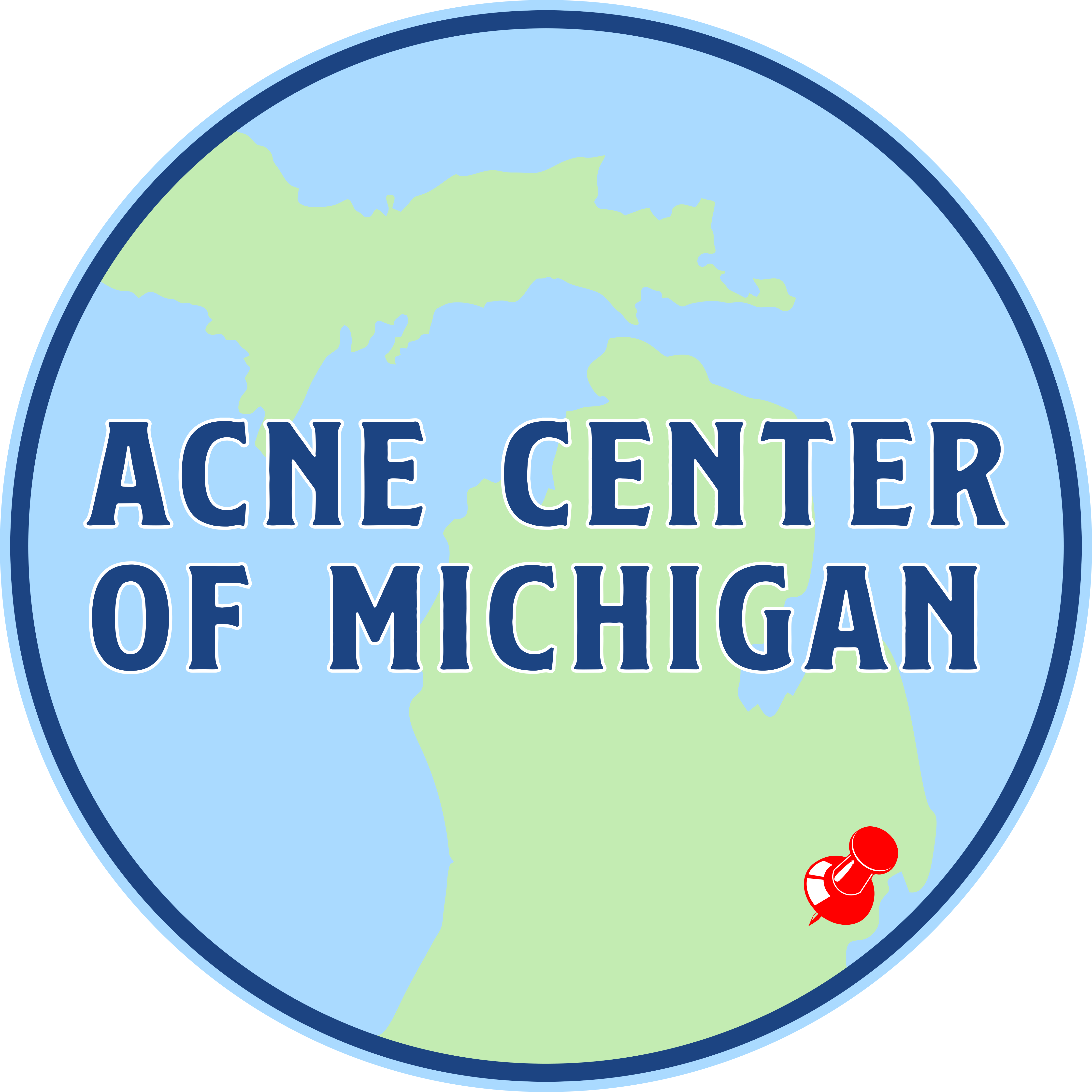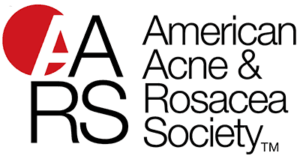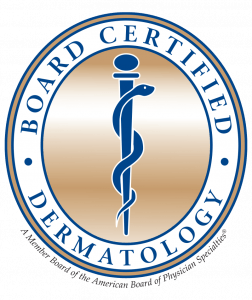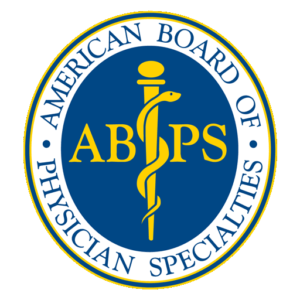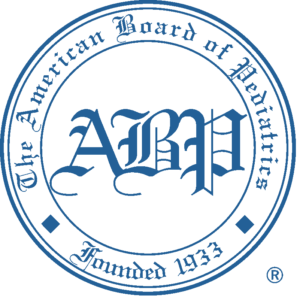Prescription topical therapy
Specialized treatments for all skin types
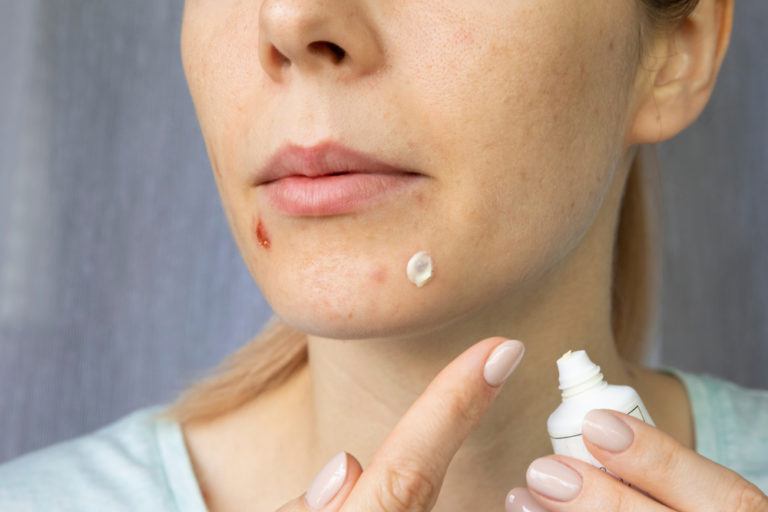

What is Prescription topical therapy?
Prescription topical creams are beneficial for most types of acne. These include a variety of medications to unclog pores, eliminate zits, and improve underground acne bumps.
Topical acne medications are divided into a several broad classes:
- Benzoyl peroxide
- Retinoids (tretinoin, adapalene, tazarotene, etc.)
- Antibiotics (clindamycin, sulfacetamide, minocycline)
- Anti-inflammatories (dapsone, sulfur)
- Hormonal (Acne DS Clarifying Gel™, clascoterone)
Most of the time, patients will require combinations of topical therapies for optimal results.
Acne Center of Michigan offers specialized prescriptions which combine multiple active ingredients into one prescription for ease-of-use and cost-effectiveness.
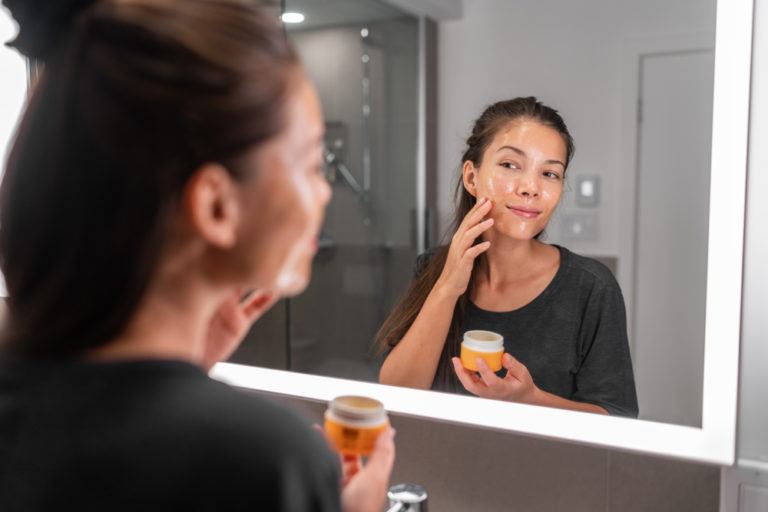

Specific Treatment Details
Benzoyl peroxide- Benzaclin, Acne TBC Combo ™, Acne Duo Plus™
What is Benzoyl Peroxide?
Benzoyl peroxide is considered first-line treatment for acne. Benzoyl peroxide kills the bacteria on the skin that cause acne, thus reducing pimples, pustules, and zits. It also helps to partially unclog blackheads.
It is found in washes, gels, creams, and combination products such as Benzaclin™, Onexton™, EpiDuo.™
Acne Center of Michigan also offers a nonprescription, nonirritating benzoyl peroxide wash, Ultimate Acne Wash™, as well as customized prescriptions with lower strength benzoyl peroxide including Acne TBC Combo™ and Acne Duo Plus™.
Benzoyl peroxide is also found in over the counter preparations such as Neutrogena Rapid Clear™ or Panoxyl.™
Lower strengths (i.e., 2.5%) produce less skin irritation than higher strengths. Also, benzoyl peroxide bleaches dark fibers of clothing and towels. If benzoyl peroxide is applied at night, we often recommend that the person sleep with a white pillowcase. If applied in the morning, be careful not to accidentally apply it to the neck as you may bleach your shirts.
If benzoyl peroxide is used in a wash form, it is important to obtain a 3-to-5-minute contact time with the skin before washing off. Otherwise, it may not be as effective.
Approximately 1% of people are allergic to benzoyl peroxide.
Retinoids – Adapalene, Tretinoin, Tazarotene, Acne TBC Combo™, and Acne Duo Plus™
What are retinoids?
Retinoids, the cornerstone of acne treatment, are derived from Vitamin A. This class of medication is available in creams, gels and foams.
Retinoids slowly unclog the pores, getting rid of blackheads and whiteheads. They also provide an anti-inflammatory effect, reducing pimples and cysts. Unfortunately, retinoids do not work overnight. – It takes at least three months to see their full benefit.
Acne Center of Michigan also offers several retinoids including Acne TBC Combo™, Acne Duo Plus™, and Intense tretinoin cream™.
When a person applies a retinoid to the face, it causes a slow peeling of the skin. However, if someone were to apply too much retinoid cream, too quickly, it can cause a fast peeling of the skin with significant redness, irritation, and burning. Therefore, proper understanding of how to apply these medications is essential.
Here are some general guidelines to help:
- Use a gentle skin cleanser.
- Apply retinoids to a dry face. This means that you should wait at least 15 minutes after washing your face to let your skin thoroughly dry. If you apply retinoid immediately after you wash your face, your skin is still damp and the retinoid may penetrate your skin more deeply, leading to irritation.
- Only use a pea-sized or chocolate chip sized amount of retinoid for the entire face.
- Always use a moisturizer after you apply a retinoid
- For the first month of treatment, only use the retinoid three nights a week. If you can tolerate it after month, you can slowly increase the frequency.
- If you are still unable to tolerate the retinoid, then try applying a moisturizer BEFORE you apply the retinoid.
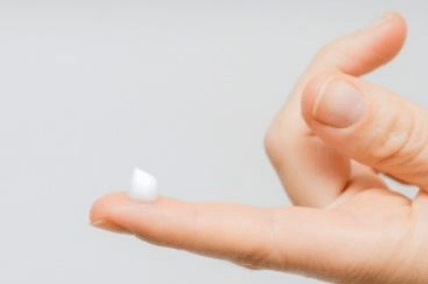
Note that retinoids should never be used if you are pregnant or think you are pregnant.
Topical antibiotics – Clindamycin, Sulfacetamide, Benzaclin™, Amzeeq™, Acne TBC Combo™
What are topical antibiotics?
Topical antibiotics are applied to the skin as opposed to a pill taken by mouth. They work by killing acne causing bacteria inside the oil glands of the pores. They have the advantage of avoiding internal exposure to antibiotics.
Because skin bacteria can develop resistance against any antibiotic, benzoyl peroxide is often combined with the antibiotic to minimize resistance.
Most topical antibiotics have little systemic absorption and therefore we worry less about creating internal resistance to antibiotics. Frequently used topical antibiotics include clindamycin (solution, lotion, gel or pads), sulfacetamide.
Acne Center of Michigan also offers Acne TBC Combo™ which combines low strength tretinoin along with benzoyl peroxide and clindamycin.
In 2020, a novel topical antibiotic preparation called Amzeeq™ was introduced. This is a topical form of minocycline which has several advantages over oral minocycline. First, it achieves high concentrations in the skin. And secondly it is extremely moisturizing and nonirritating to the skin. It is quite oily, however, and some people do not like the oily feeling. It also produces a temporary yellow color on the skin and pillowcases, which washes away.
Topical Dapsone and Acne DS Clarifying Gel
Topical Dapsone helps reduce inflammatory acne lesions. It is available in the branded form of Aczone™ and in Acne DS Clarifying gel™
Dapsone is particularly useful to treat flares of pimples, pustules, and cysts around the chin, especially related to hormonal acne.
It is well-tolerated, does not bleach clothing, and is relatively nonirritating.
It is available in generic preparations of Dapsone 5%, in Aczone™ 7.5%™. However, it is found in the highest and most effective concentration in Acne DS Clarifying gel™ 8.5%.
Topical Hormonal Blockers
Topical hormonal blockers attempt to block the androgen receptor in the skin that leads to enlargement of sebaceous (oil) glands. This can reduce bacterial counts on the skin and inflammatory acne as well as improve some of the blocked pores of the skin.
Options include Acne DS Clarifying gel™. This is a highly effective topical therapy that combines both spironolactone and dapsone. Spironolactone directly blocks the hormonal receptor in the skin, thereby improving inflammatory acne. The main advantages of Acne DS Clarifying gel™ are:
- Combination therapy
- Effectiveness
- Once a day application.
Acne DS Clarifying gel™ is only to be used by women and should never be used during pregnancy.
Topical clascoterone is also a newer hormone blocker available by prescription, but it does not contain dapsone. It needs to be applied twice a day and is often layered on top of other acne medications. It may be used by both men and women.
